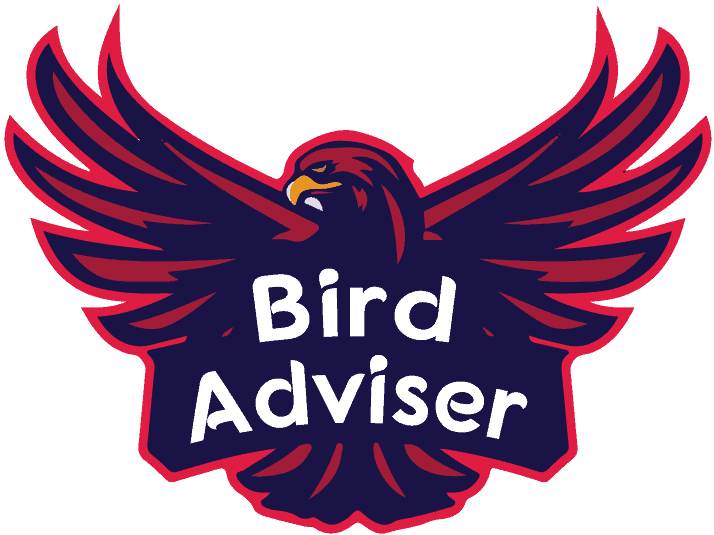Peanuts have a high-fat content by nature. Fat offers ample energy for all of a bird’s daily duties, including flying, preening, nest protection, and caring.
Peanuts and other high-fat meals are very important in the spring and winter seasons.
In the winter, birds need more energy to keep their bodies warm. Peanuts, on the other hand, give fiber, potassium, calcium, and other minerals as part of a well-balanced diet for birds.
Other high-fat feeding choices, such as suet, deteriorate more quickly than these nuts.
They’re also reasonably priced for budget-conscious birders.
| Image | Name |
|---|---|
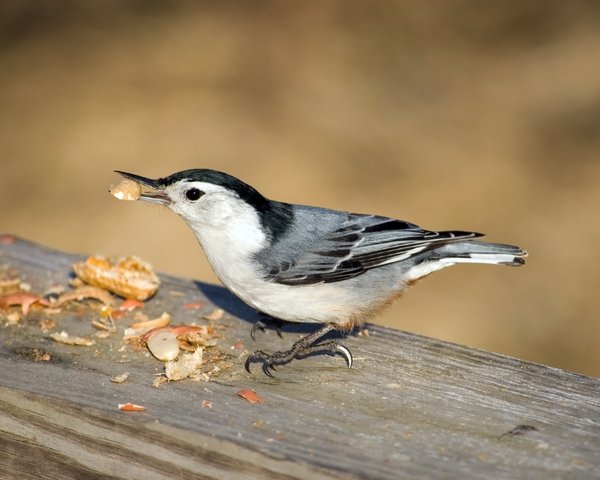 | White-breasted Nuthatch |
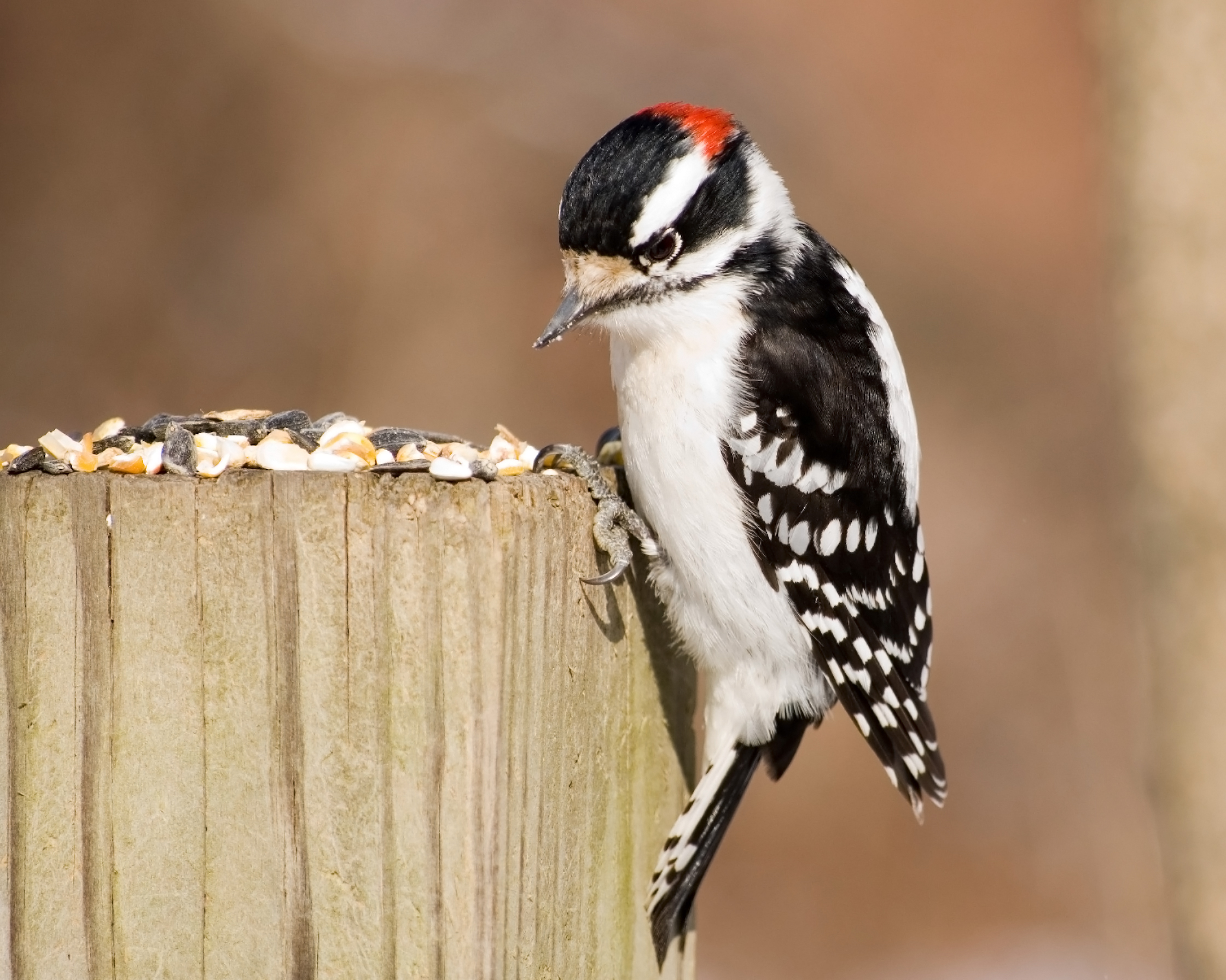 | Downy Woodpecker |
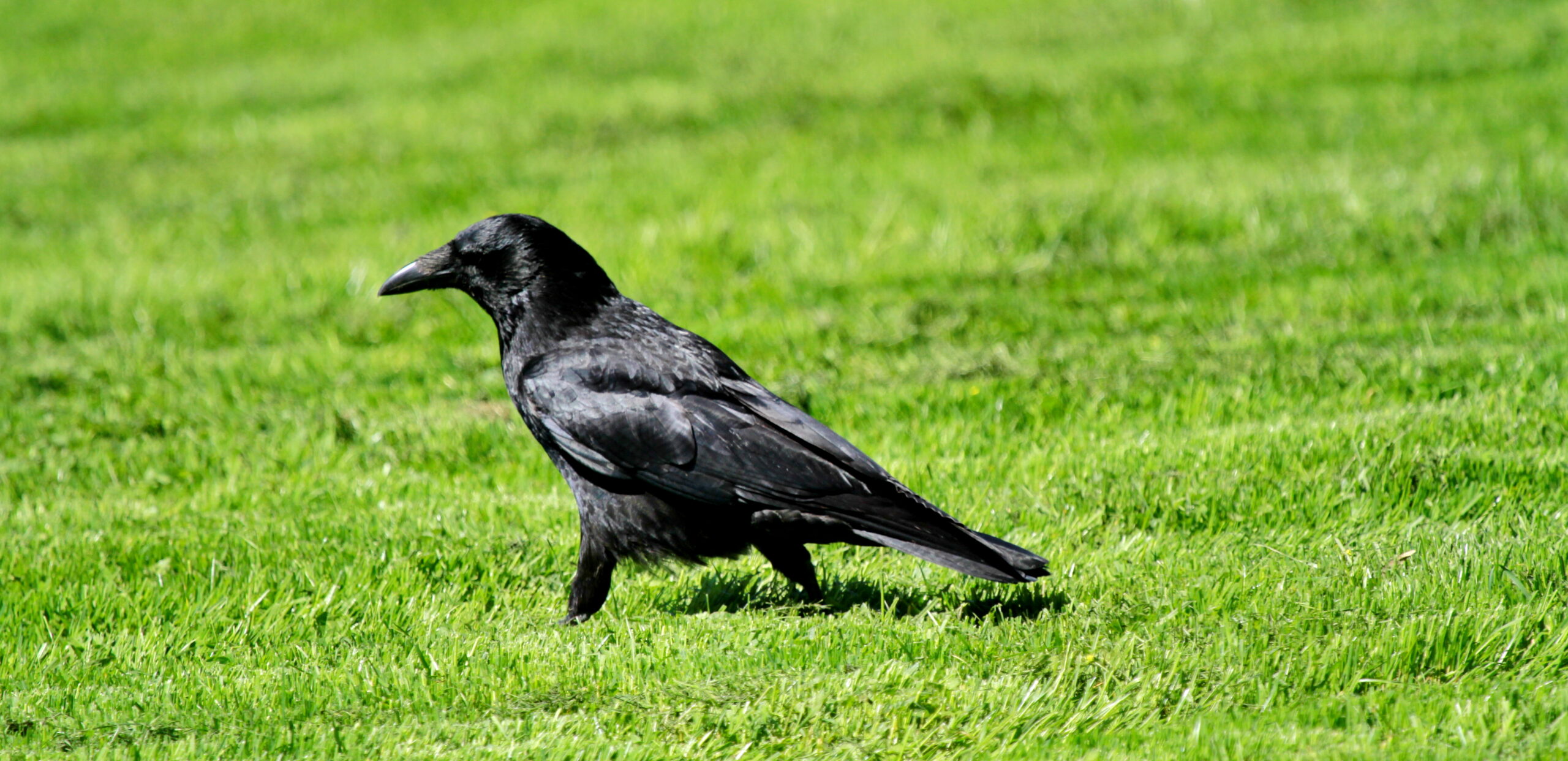 | American Crow |
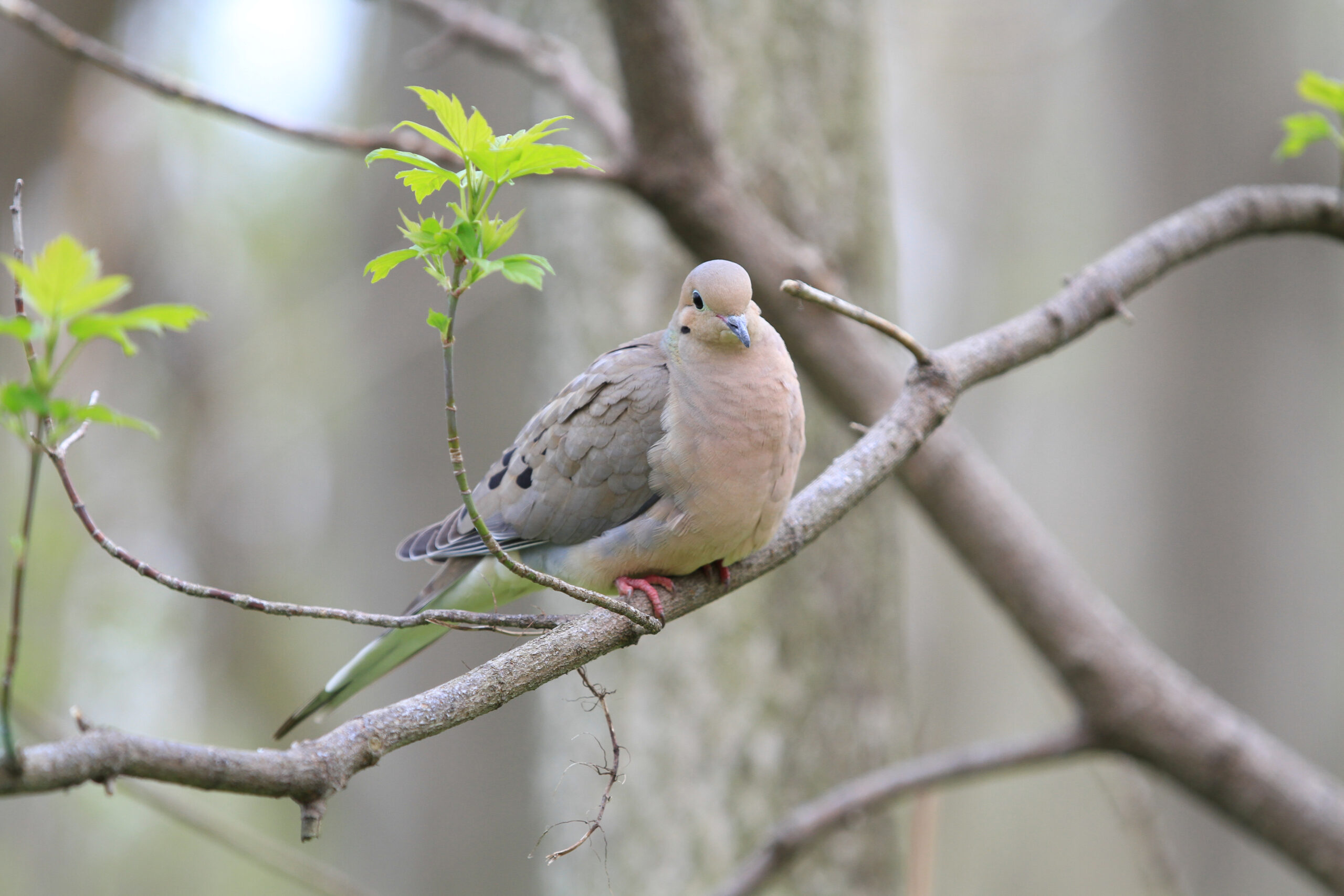 | Mourning Dove |
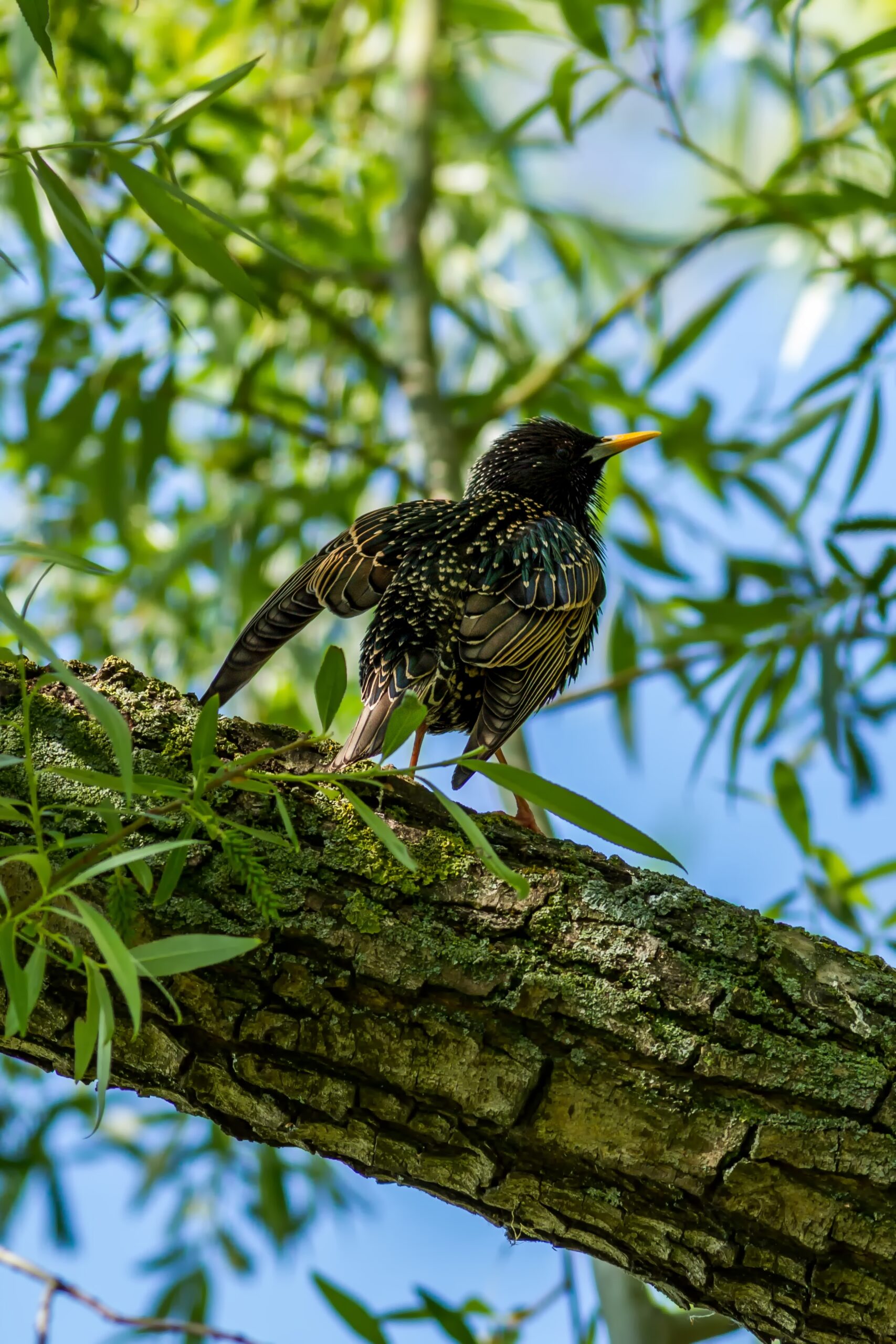 | European Starling |
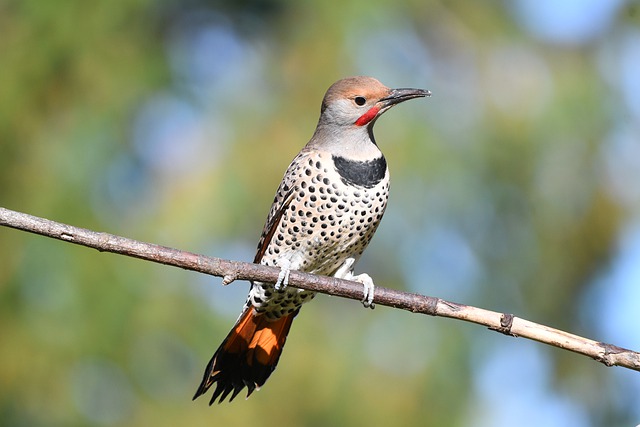 | Northern Flicker |
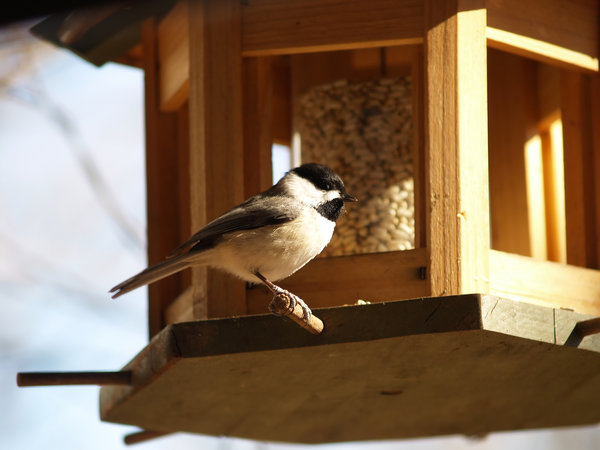 | Carolina Chickadee |
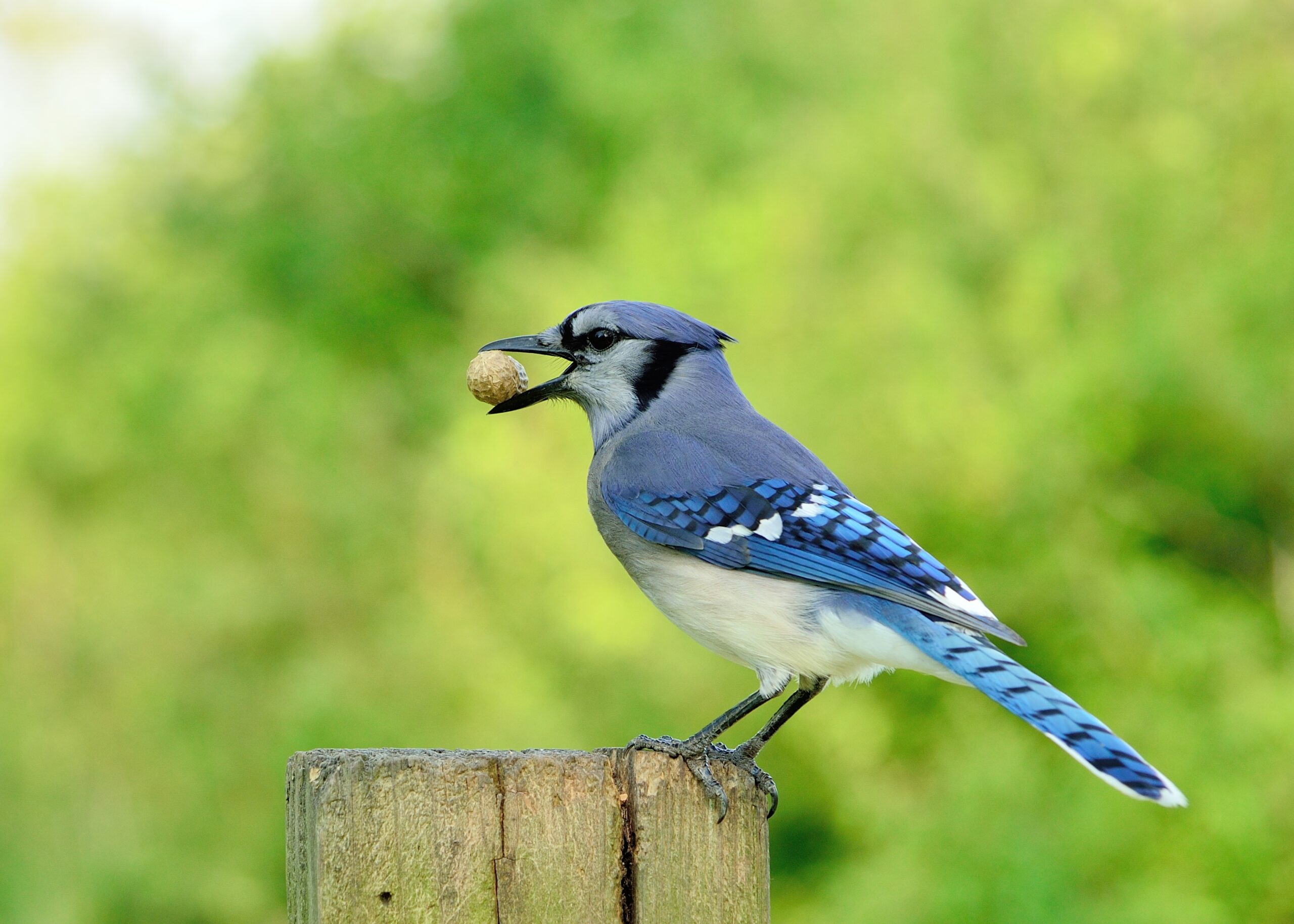 | Blue Jay |
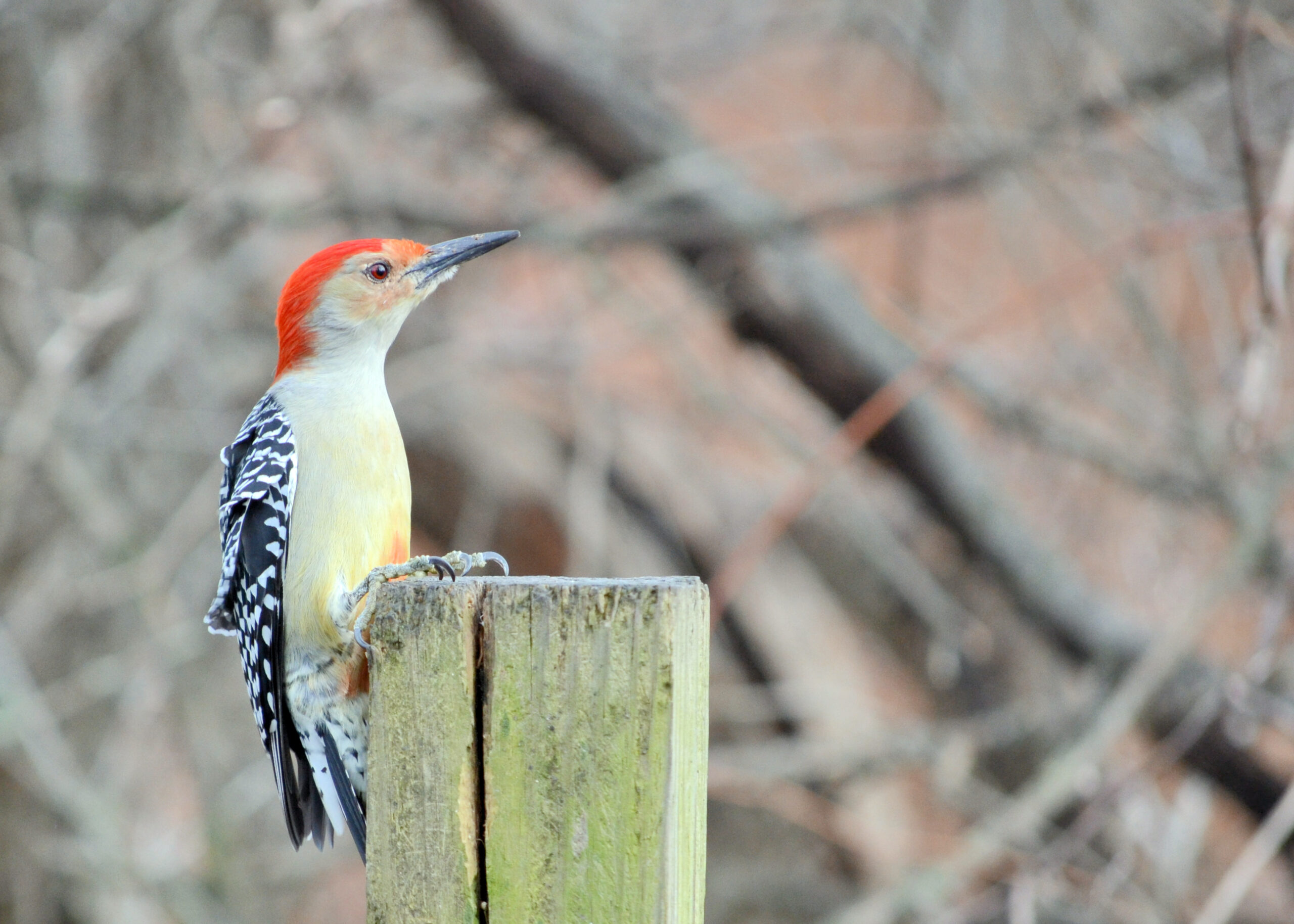 | Red-bellied Woodpecker |
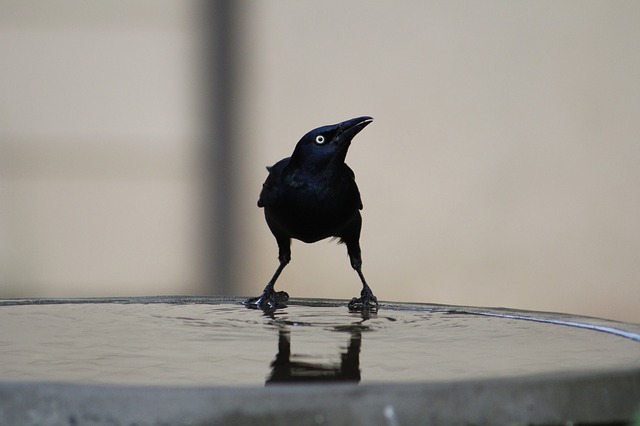 | Common Grackle |
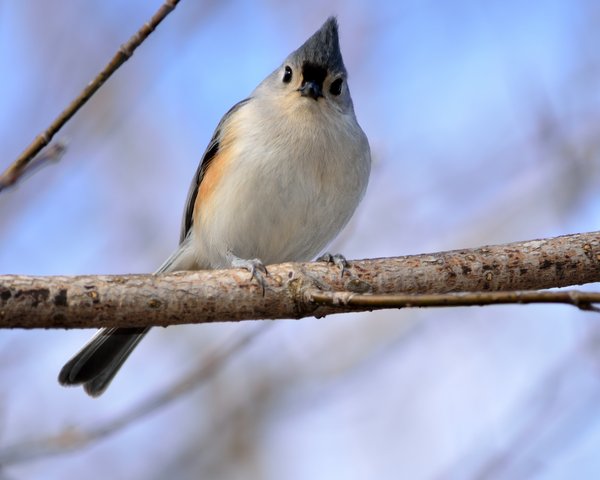 | Tufted Titmouse |
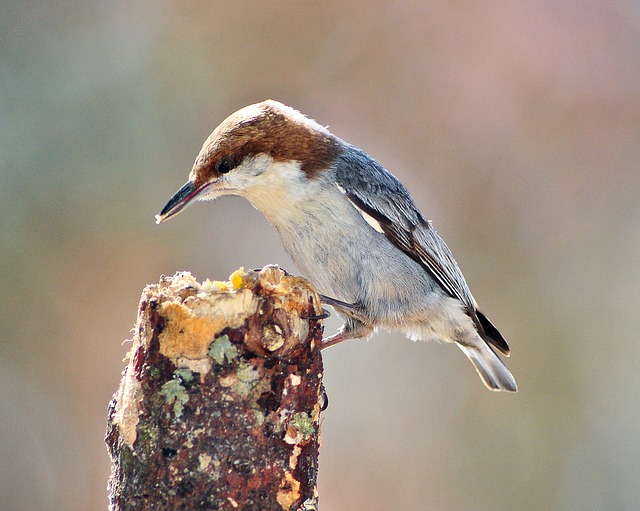 | Brown-headed Nuthatch |
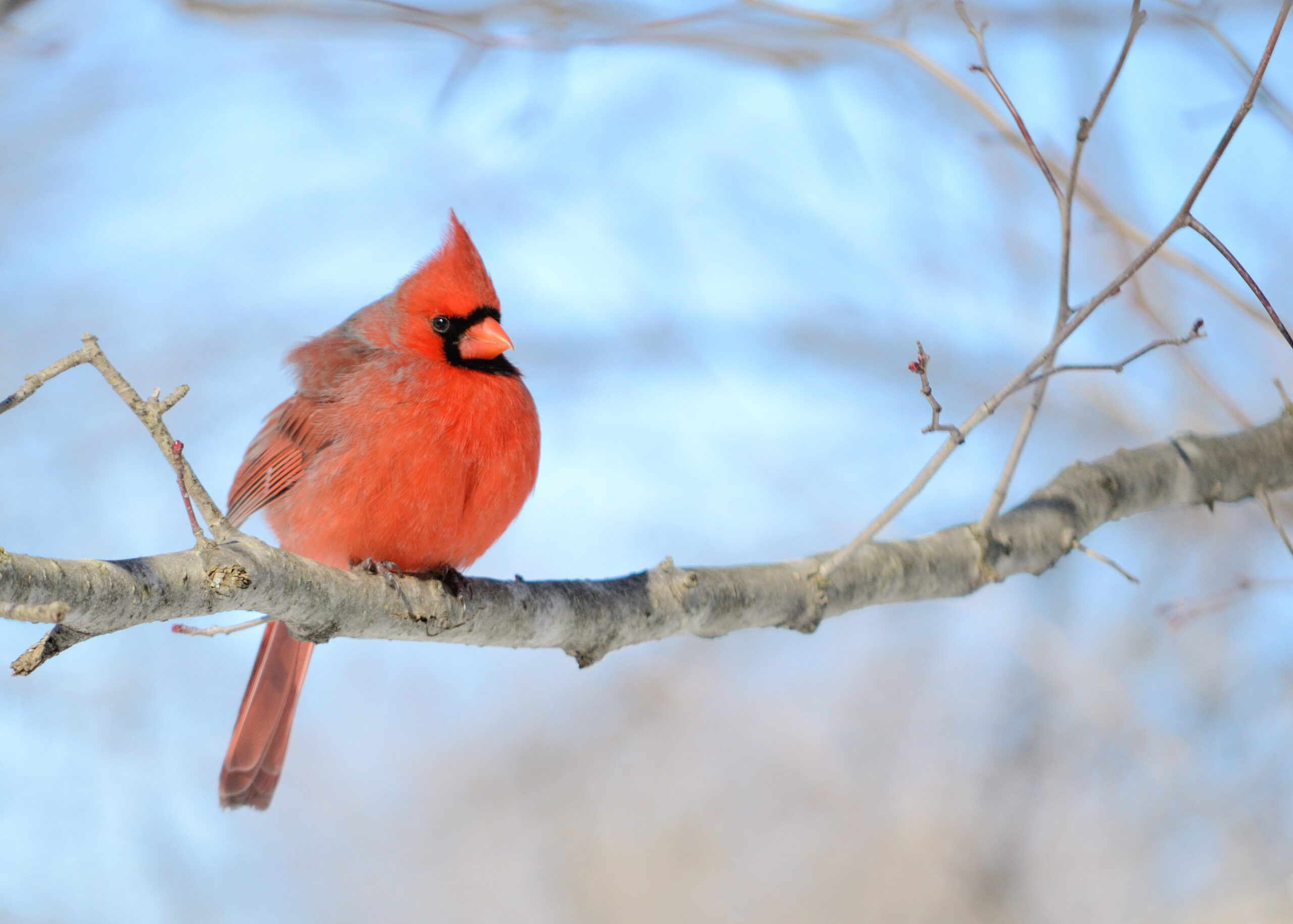 | Northern Cardinal |
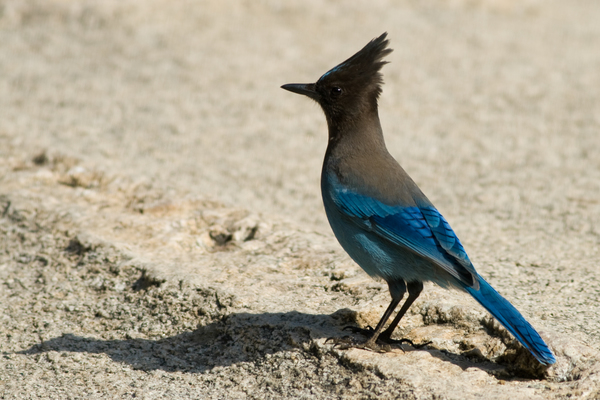 | Steller's Jay |
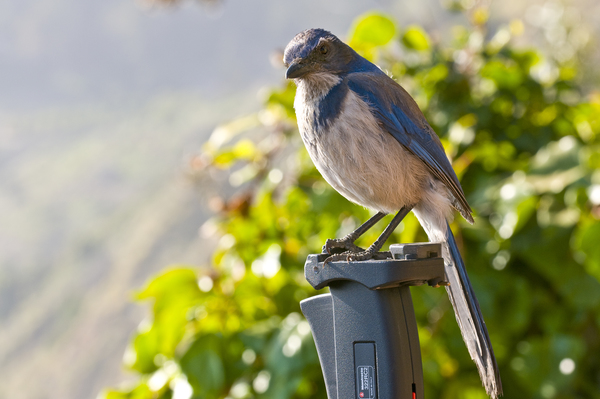 | California Scrub-Jay |
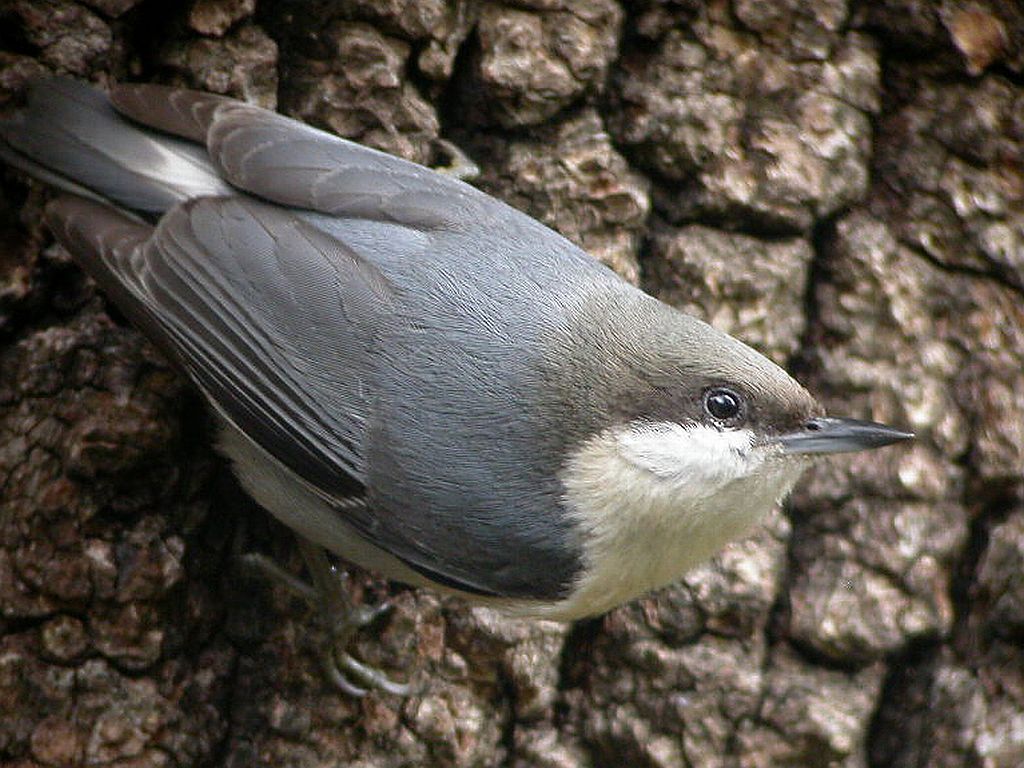 | Pygmy Nuthatch |
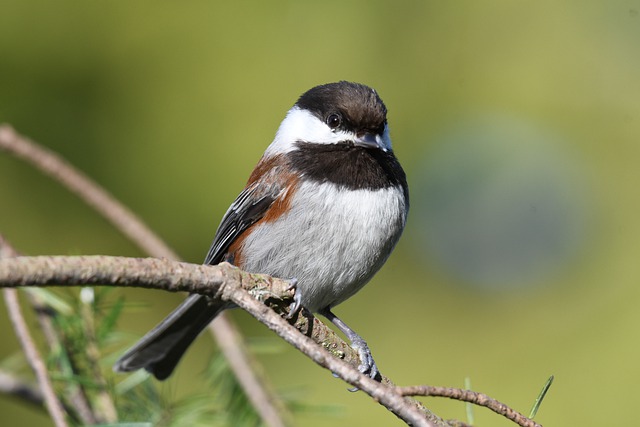 | Chestnut-backed Chickadee |
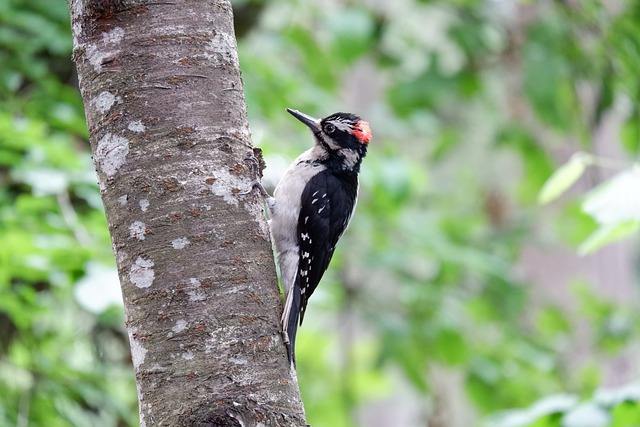 | Ladder-backed Woodpecker |
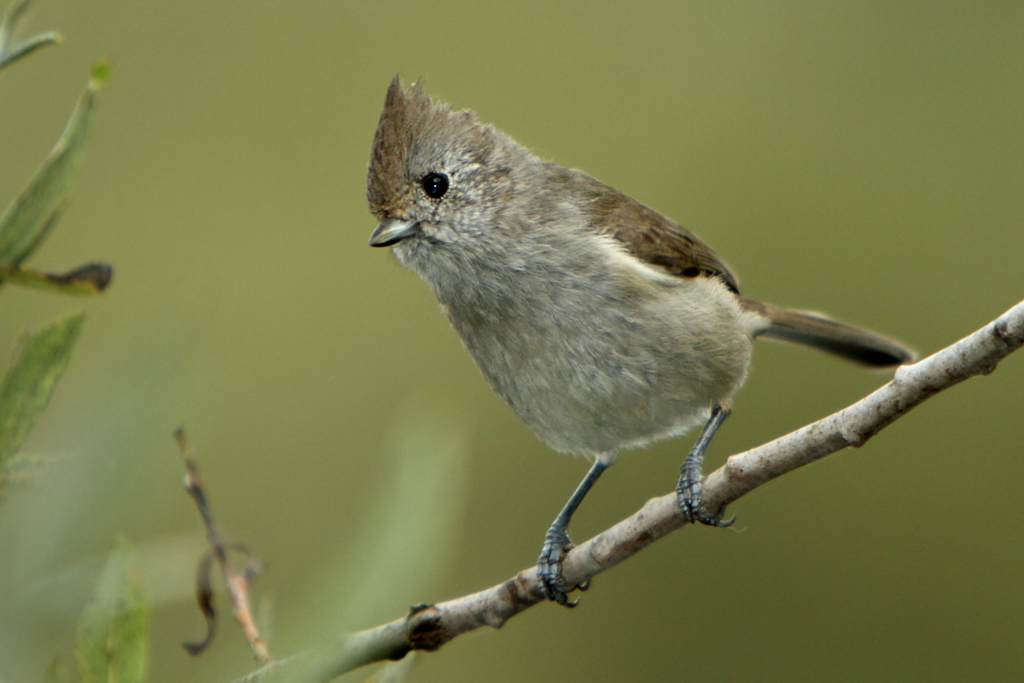 | Oak Titmouse |
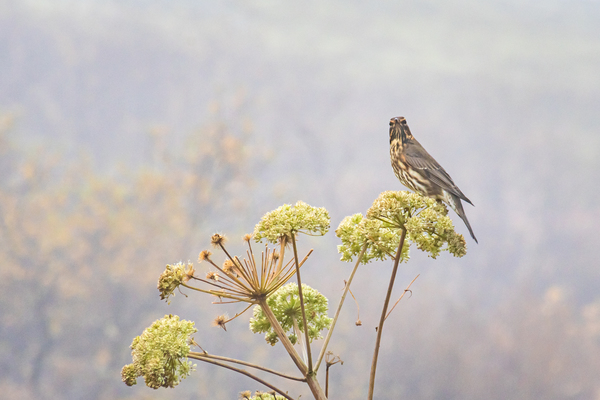 | Mountain Chickadee |
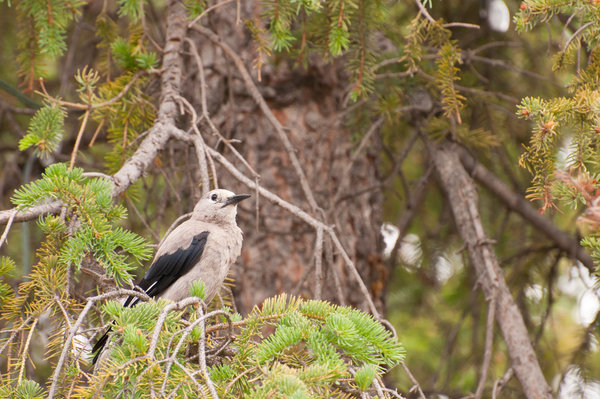 | Clark's Nutcracker |
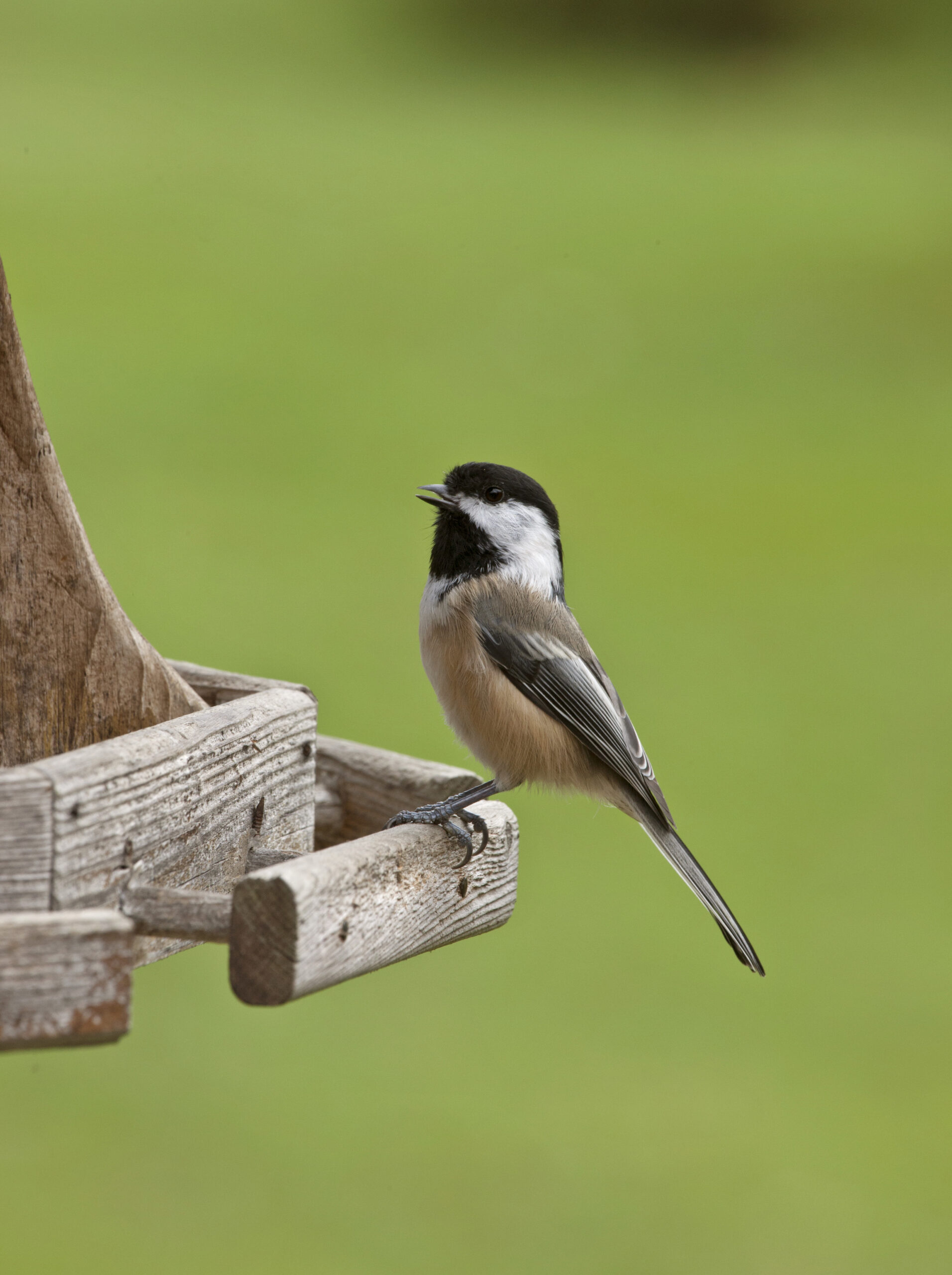 | Black-capped Chickadee |
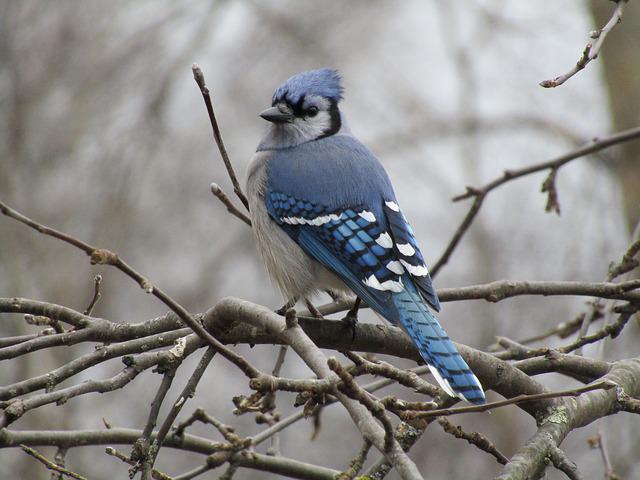 | Canada Jay |
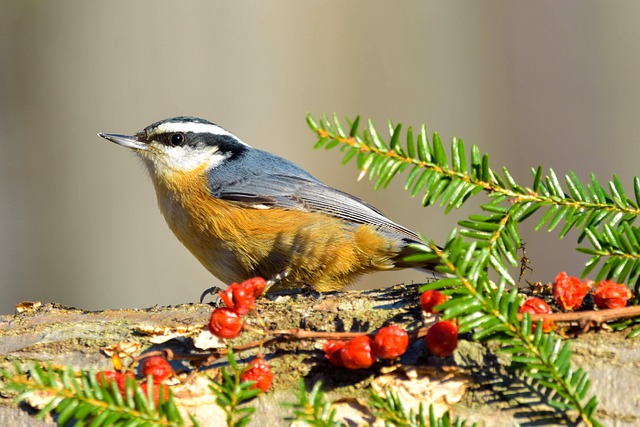 | Red-breasted Nuthatch |
What Birds Eat Peanuts? (Birds That Eat Peanuts)
Peanut-eating birds may be discovered all across the United States. No matter where you live in the United States, they are almost sure at your bird feeder.
1. White-breasted Nuthatch

This tiny little bird prefers black oil sunflower seeds, although it will eat any nuts or peanuts.
They prefer shelled peanuts.
2. Downy Woodpecker
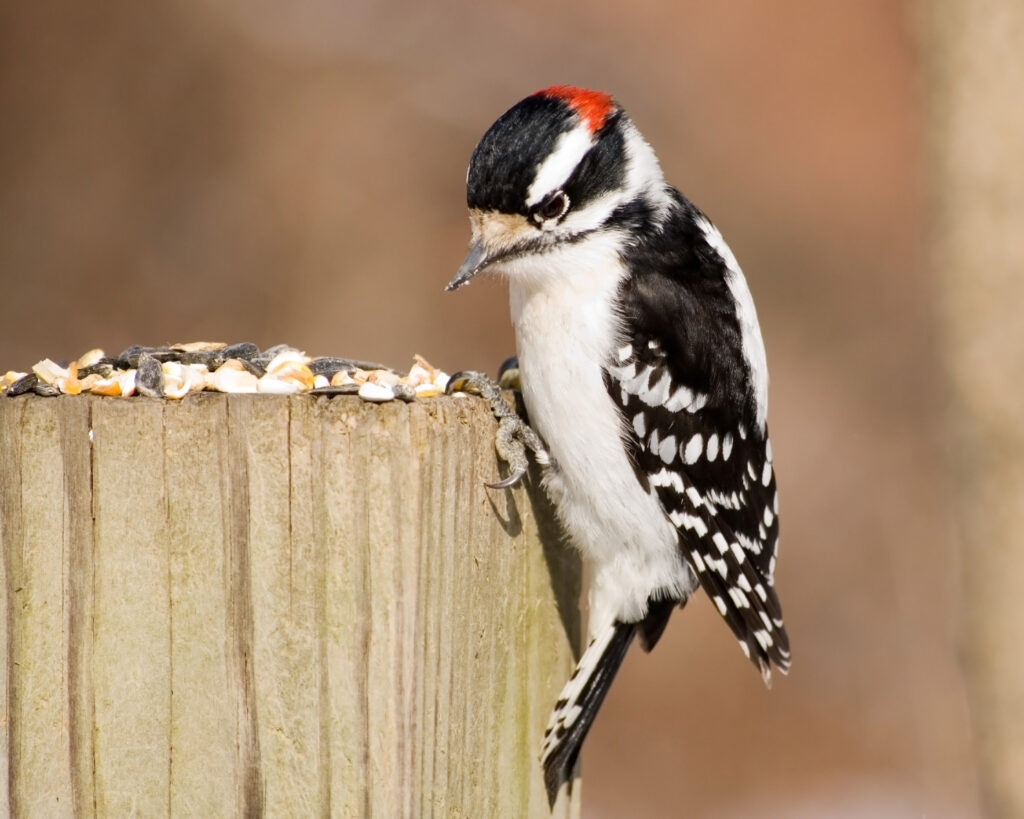
This is the tiniest of the North American woodpeckers, and it mostly visits feeders for suet.
They’ll eat seeds and peanuts as well. Peanut bits, especially with suet, are a favorite of theirs!
3. American Crow
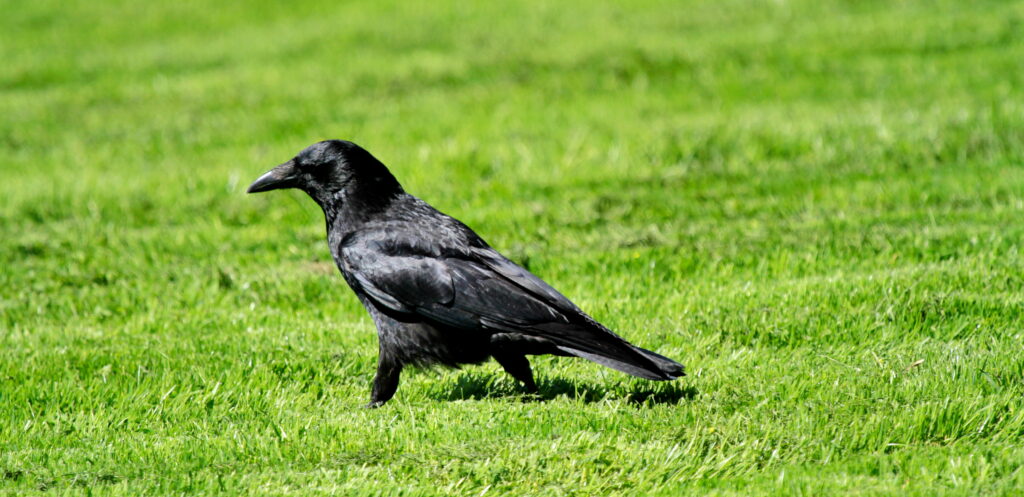
American crows are major birds that live in flocks and family groupings. They will soon consume all of your peanuts and take them away.
The secret to staying crows away is to avoid feeding them any table scraps, particularly meat or bread.
4. Mourning Dove
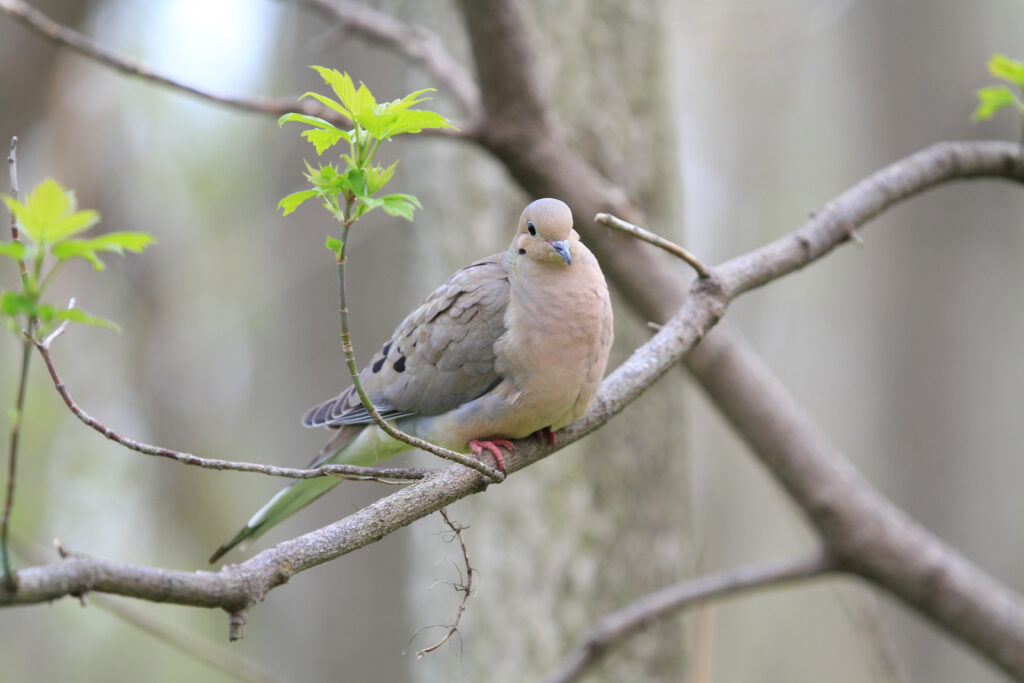
Mourning Doves are widely recognized as North America’s most familiar bird. The Eastern United States, as well as Florida and California, are home to these birds.
Woodlands, meadows, deserts, and scrub regions are among their natural habitats. Agricultural regions are also home to Mourning Doves.
During the winter season, when food is limited, they consume maize and other grains like wheat or oats.
Mourning doves have been observed visiting residences searching for peanut seed feeders.
Mourning doves will fly up to 200 miles to the south, looking for food during the winter season.
5. European Starling
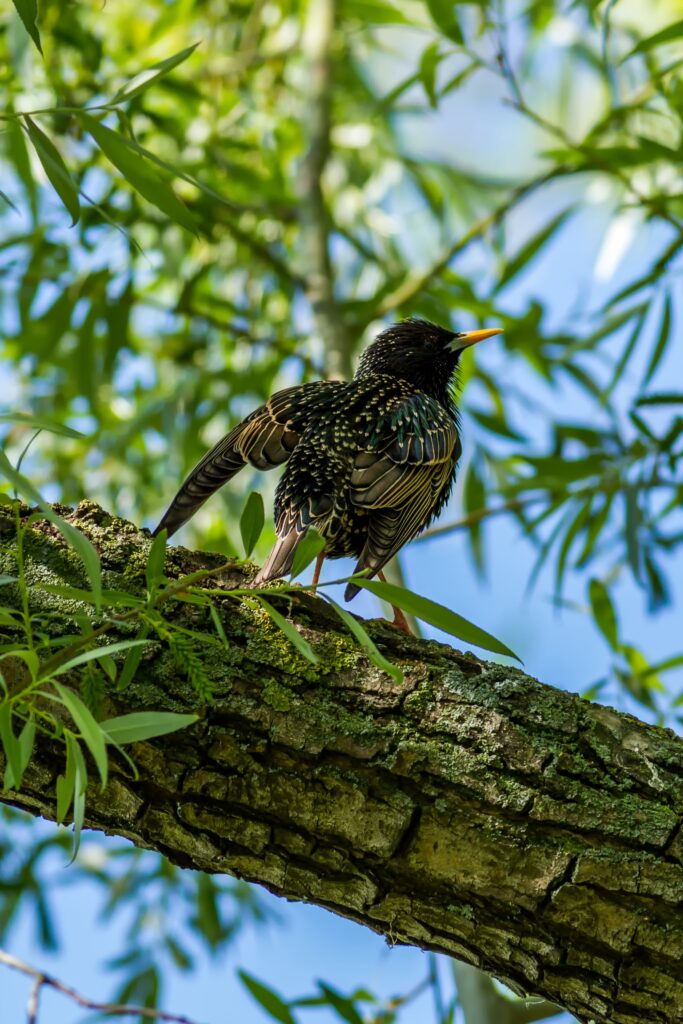
Large flocks of starlings frequently visit your garden. Peanuts, particularly with suet, are a favorite of theirs. Offer suet from such upside-down suet feeders to deter starlings from eating your suet in minutes.
Starlings can’t reach it by hanging upside down, but smaller birds can!
6. Northern Flicker

The tail and wing linings of these huge ant-eating woodpeckers are yellow in the southeast and salmon-colored there in the west.
They are frequently suet feeders but will also eat peanuts.
This part is a collection of birds that consume peanuts and are mainly located in the Eastern and Southeastern United States.
7. Carolina Chickadee

Peanuts are a favorite food of this Southeast U.S. chickadee! It’s possible that they’d like them in tiny pieces.
8. Blue Jay
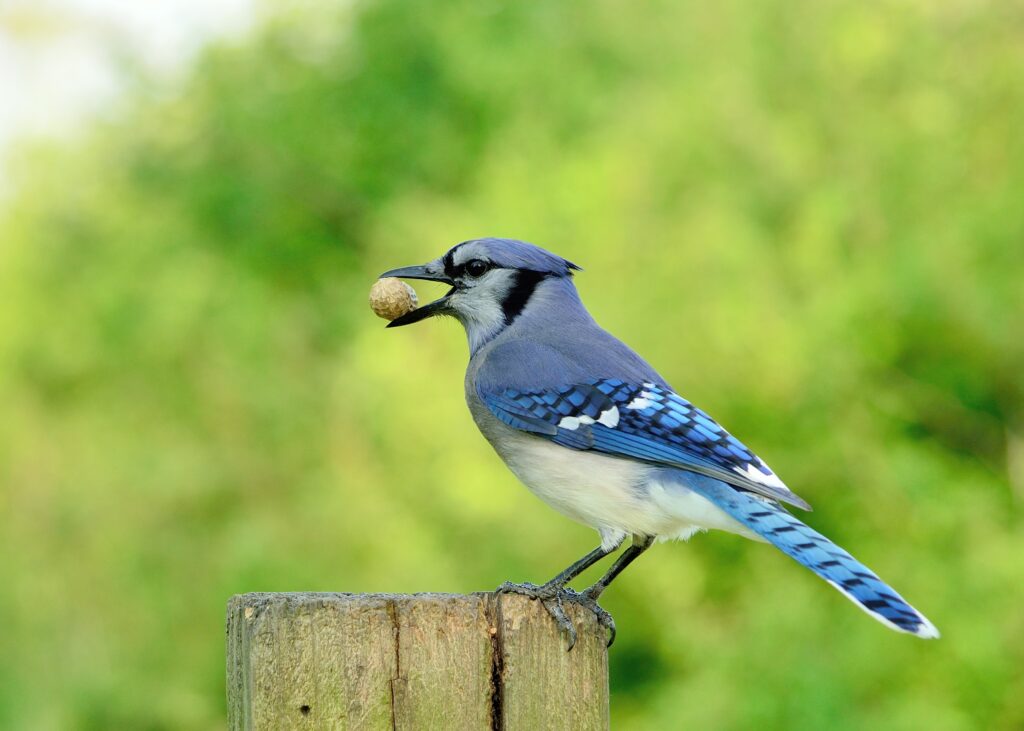
Blue jays may be found throughout the eastern and central United States and also parts of southern Canada and Central America. It may be observed in a range of settings, such as forests, suburbs, and even metropolitan areas.
Beetles, caterpillars, flies, and ants are among the insects they devour. They also consume berries from trees such as dogwood, poison ivy, and sumac, as well as tree sap and food from cedar waxwing roosts including cherries and juniper berries.
Peanuts in shells are thought to be a favorite meal of Jays.
They might take all of your intact peanuts in the autumn and bury them for the winter season.
9. Red-bellied Woodpecker
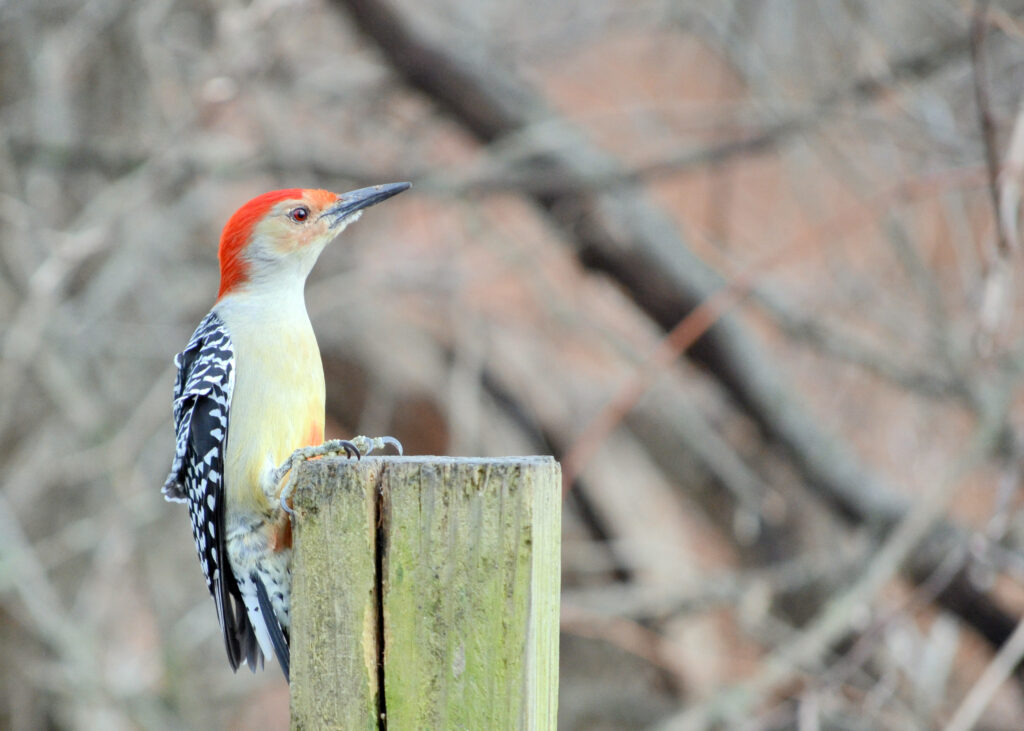
In North America, the red-bellied woodpecker is a familiar occurrence. It may be found in the eastern United States as well as New Mexico, Kansas, and Arizona in the west.
During the wintertime, they are known to travel to regions of Canada. They are most commonly seen in densely wooded settings. However, it can also be found alongside agricultural areas or tree-lined residential yards.
Lowland woods, comprising pine and oak forests, as well as extensive understory vegetation, make up their habitat.
They eat mostly insects such as wasps, beetles, ants, and bees, which makes for a fascinating diet. Suet and nuts, notably peanuts, attract them to feeders.
10. Common Grackle

These bigger blackbirds are occasionally seen in huge groups, and they can wipe out household feeders of a wide variety of items, including peanuts.
They frequently arise at specific times of the year. Fill tube feeders with seeds to make it difficult for grackles to eat.
11. Tufted Titmouse

Peanuts are a favorite food of this little bird! In fact, they adore them in their whole, including the shell.
12. Brown-headed Nuthatch

This little bird of the Southeastern pine woods eats shelled peanuts and other nuts.
13. Northern Cardinal
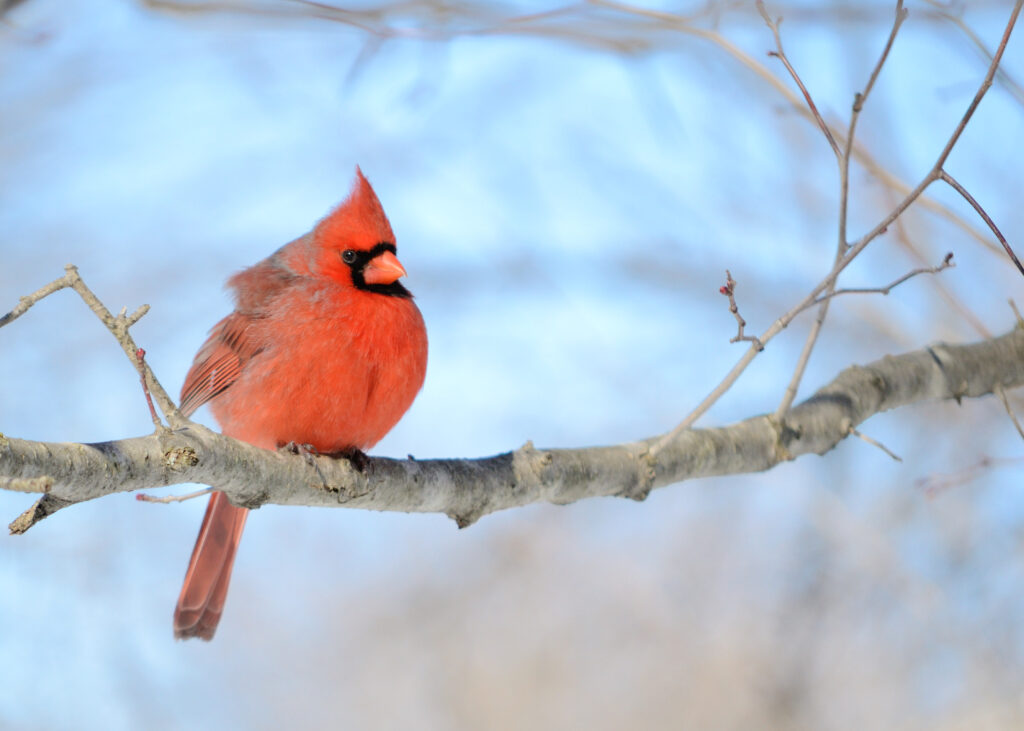
This brilliant red bird may be found all across the Eastern United States. They also consume bigger seeds and shelled peanuts.
Peanut-eating birds may be predominantly found in the western United States.
14. Steller’s Jay

Coniferous and mixed forests are home to these jays. Peanuts are a favorite of theirs in any form! They prefer whole peanuts within the shell, though.
15. California Scrub-Jay

This is a frequent jay in the West’s oak woods and suburban areas. They adore all nuts, especially shelled peanuts.
The Woodhouse’s Scrub-Jay is a similar-looking jay that lives in the inner Great Basin.
They consume peanuts, as do all jays.
16. Pygmy Nuthatch

These little birds can be found in the western highlands’ dry pine woodlands. They, like other nuthatches, like eating peanut bits.
17. Chestnut-backed Chickadee

Chickadees can be discovered in the wet coniferous woods of the West. They devour peanuts that have been shelled.
18. Ladder-backed Woodpecker

The ladder-backed woodpecker is a medium-sized woodpecker. They may be found all across the United States’ north-eastern regions.
They may also be discovered along the Pacific coast from California to Alaska, as well as in southern Canada and the Eastern United States. Mexico has a population as well.
They have a distinct look due to their sharp beak, thin wings, and short wings. The ladder-back woodpecker is the most well-known of the woodpecker types.
Peanuts are eaten by the majority of woodpeckers. This bird is noted for eating suet, sunflower seeds, and peanuts from feeders.
19. Oak Titmouse

This little bird of Western oak forests, like other titmouses, eats peanuts.
20. Mountain Chickadee

The Mountain Chickadee is a tiny bird that may be found in North America and Mexico. Forests, orchards, and parks are all good places to look for the mountain chickadee.
They are also occasionally observed on lawns, where they graze on insects.
They are mostly solitary birds, although they do sometimes pair up with other species to start a family. Insects, seeds, nuts, berries, and suet cakes, are the main foods of Mountain Chickadees. Shelled peanuts are a favorite of all chickadees.
21. Clark’s Nutcracker

This jay relative may be observed in the West at higher altitudes. If you are visiting ski resorts, remember to carry some shelled peanuts for the birds!
These peanut-eating species may be found from East to West in the northernmost tier of countries.
22. Black-capped Chickadee
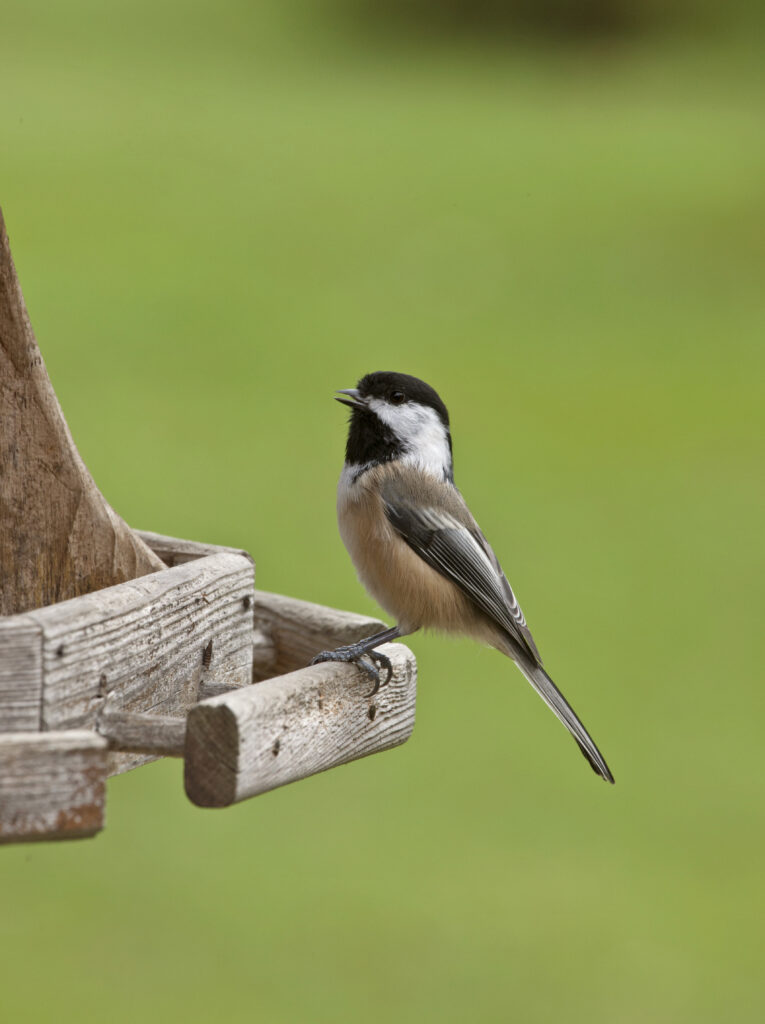
These chickadees are possibly the most well-known in the United States. They are frequently seen at backyard feeders. They consume a variety of nuts and seeds, including shelled and unshelled peanuts.
23. Canada Jay

The Canada Jay, often known as the gray jay, is still a colorful passerine bird in the Corvidae species with a beautiful song. It may be found along the coastal waters east of the tree line, all the way to the tundra, and in boreal woods.
They are mostly found in the forest canopy and the high mountains in North America. The Canada Jay is one of the most often seen species in North America.
It visits park aviaries & bird feeders on a routine basis, as well as backyard bird feeders. It also feeds in backyards and perches in fields on trees.
The Canada Jay eats everything. Nuts, small animals, rodents, arthropods, and young birds are their favored dietary sources.
24. Red-breasted Nuthatch

Found throughout the northern and hilly areas of the United States, amid coniferous woods. Sunflower seeds and almonds, as well as shelled peanuts, are favorites of these little birds.
Conclusion
If you usually just give the birds grain mixtures in your backyard, consider peanuts for a difference.
There are so many different sorts of birds that eat peanuts that you’ll be surprised at how many you’ll see.
Peanuts are eaten by almost all of our garden species; just be sure you put them in a secure grass feeder or hang them from a limb.
The birds just need to locate it once, and they will be back for their complimentary fat, fiber, and protein meal.
FAQ
Is it safe for birds to consume peanuts?
This is also accurate for birds. Peanuts are not just a fantastic source of nutrition for birds, but they’re also high in unsaturated fat.
Is it true that sparrows consume peanuts?
Peanuts are yet another favorite of the sparrow, as they provide a nice combination of oil and protein, which are both essential for optimum health and vitality.
Last Updated on March 22, 2023 by Lily Aldrin
